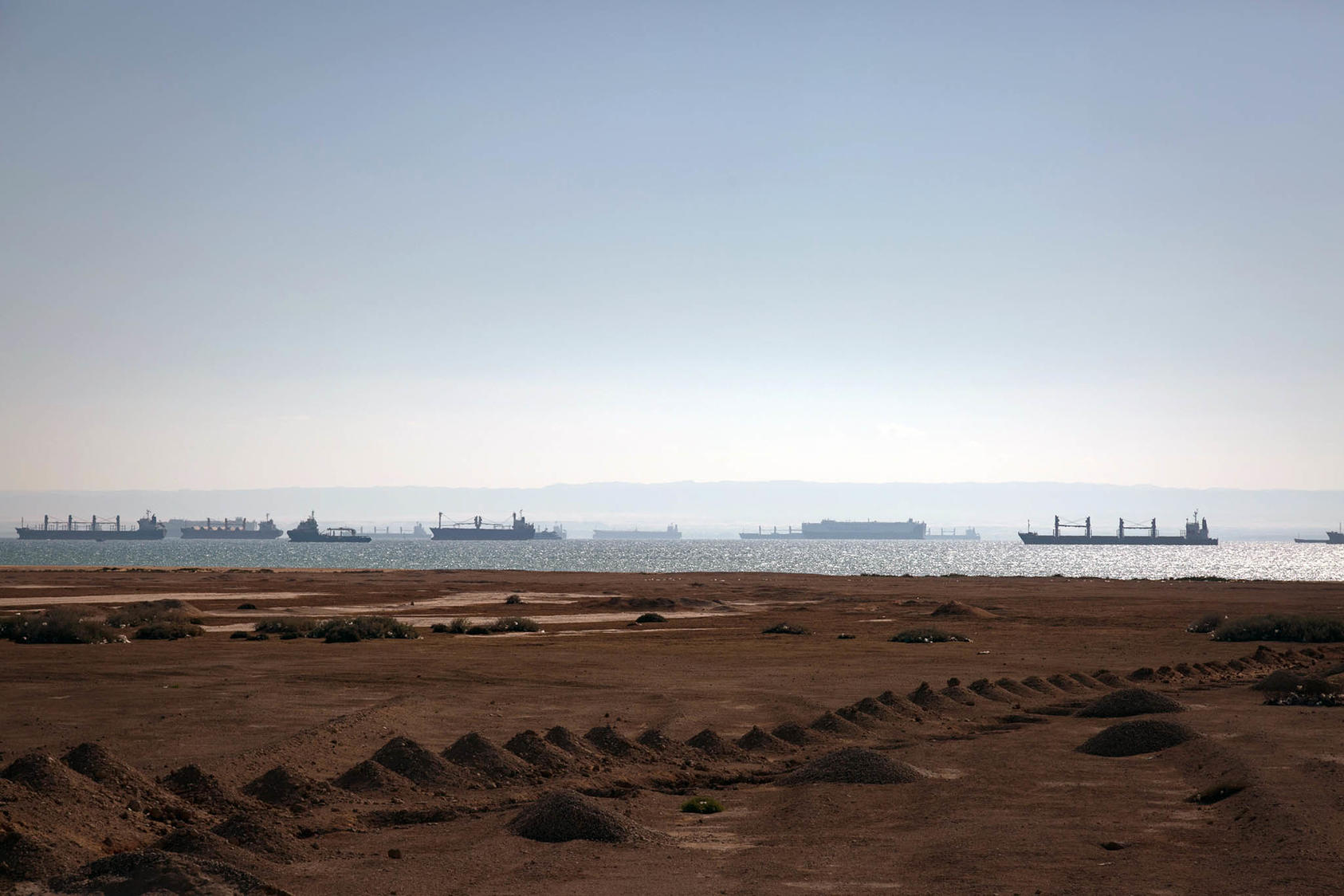
Navigating Complex Frontiers: War Challenges in the Red Sea
The Red Sea, historically a trade route of immense importance, now finds itself at the center of complex geopolitical dynamics and security challenges. As nations vie for influence in this strategic region, the Red Sea becomes a theater for war challenges that demand careful consideration and strategic responses.
Geopolitical Rivalries and Regional Tensions
At the heart of war challenges in the Red Sea are the deep-seated geopolitical rivalries and regional tensions. Powerful nations seek to assert dominance, leading to a complex interplay of interests that can escalate into conflicts. The strategic positioning of the Red Sea intensifies these rivalries, creating a potential powder keg in the region.
Naval Operations and Maritime Security
War challenges in the Red Sea are inherently linked to naval operations and maritime security. As nations aim to secure their interests, naval forces become pivotal. Patrolling the waters, safeguarding shipping lanes, and countering potential threats are critical components of strategies aimed at maintaining control in this vital maritime corridor.
Strategic Chokepoints and Military Significance
The Red Sea’s strategic chokepoints amplify war challenges, underscoring the military significance of controlling key passages. Nations strategically position their forces to dominate these chokepoints, exerting influence over the flow of maritime traffic and reinforcing their geopolitical objectives.
Cyber Threats in Hybrid Warfare
In the contemporary landscape, war challenges extend beyond conventional military tactics. Cyber threats, particularly in the realm of hybrid warfare, add a new layer of complexity. The Red Sea becomes susceptible to cyber-attacks targeting critical infrastructure, communication systems, and naval operations, necessitating advanced cybersecurity measures.
Humanitarian Concerns Amidst Conflict
War challenges in the Red Sea bring forth humanitarian concerns as conflicts unfold. Civilians in the region face the impact of geopolitical tensions and military operations. Addressing humanitarian needs amidst conflict becomes crucial, emphasizing the importance of international cooperation and relief efforts.
Diplomatic Efforts for Conflict Resolution
Amidst war challenges, diplomatic efforts for conflict resolution gain prominence. International organizations and diplomatic channels become crucial for preventing escalations and finding peaceful solutions to disputes. Dialogue and negotiation play a vital role in managing the complex web of geopolitical interests.
Counterterrorism Strategies in a Volatile Region
Given the potential for instability, counterterrorism strategies become integral to addressing war challenges in the Red Sea. Nations collaborate on intelligence sharing and coordinated efforts to prevent the rise of extremist threats, ensuring that the region remains resilient against unconventional security risks.
Regional Cooperation for Stability
War challenges necessitate regional cooperation to enhance stability. Collaborative security frameworks, joint military exercises, and shared intelligence contribute to fostering a sense of security in the Red Sea. Building trust among neighboring nations becomes imperative for creating a resilient and peaceful environment.
Future Prospects: Balancing Power and Stability
As the Red Sea grapples with war challenges, the future prospects hinge on a delicate balance between power dynamics and regional stability. Crafting effective strategies requires foresight, collaboration, and a commitment to addressing the root causes of conflicts, ensuring a secure and prosperous future for the nations surrounding this crucial waterway.
